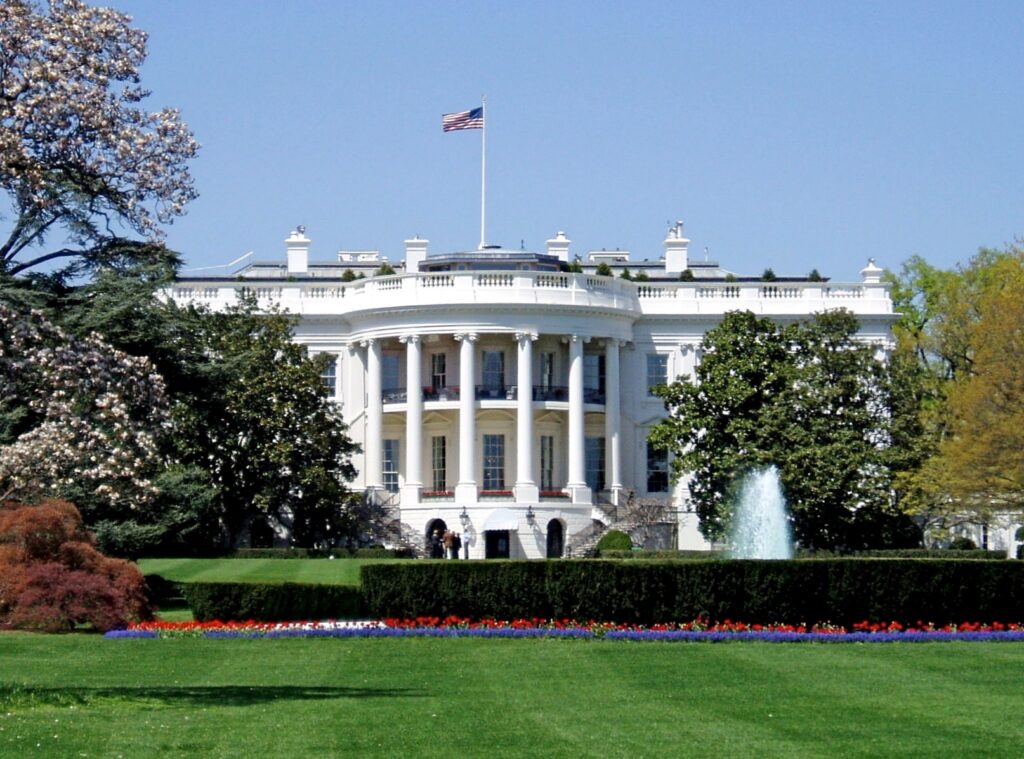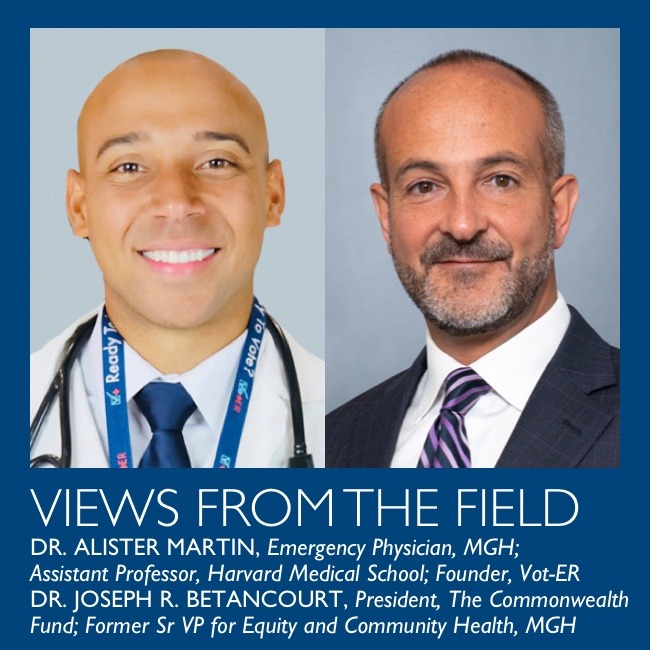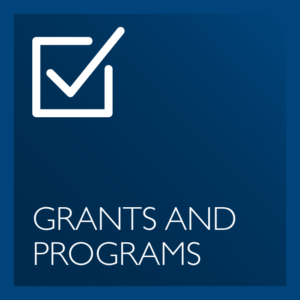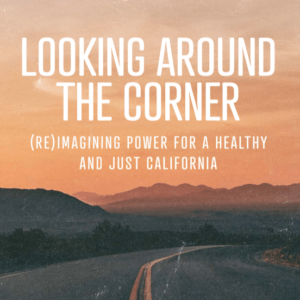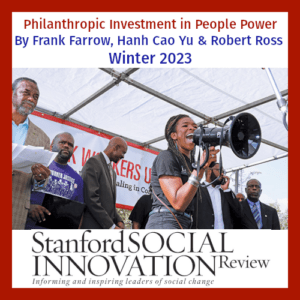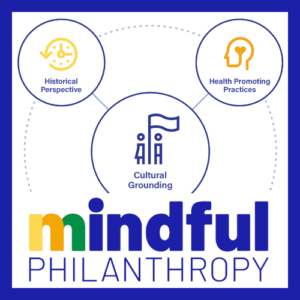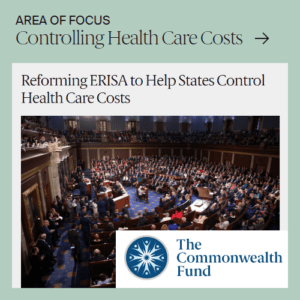The Final Reconciliation Package: Implementation of Key Provisions
On July 4, 2025, H.R. 1, the One Big Beautiful Bill Act, was signed into law. The implementation dates for key health care provisions in the law vary, with some taking effect immediately upon passage and others being implemented over several years. This resource details key dates for the implementation of the law’s most significant health care provisions.
Deadlines in Health-Related Executive Orders and Presidential Memoranda
This GIH policy resource details many of the health-related executive orders issued by the administration and includes a calendar of upcoming implementation deadlines.
Beyond the Exam Room: Impacting Health Outcomes Through Civic Engagement
August marks Civic Health Month, a time to showcase the link between voting and health and celebrate efforts that ensure every voter can support their community’s health at the ballot box. At the same time, the United States is grappling with a health care system ranked 37th globally despite consuming 17 percent of the country’s GDP. With 26 million Americans uninsured and 43 million underinsured, the gap in access to care continues to widen. This crisis will deepen as critical ACA subsidies expire at the end of 2025, potentially leaving 3.8 million more Americans without coverage, in addition to new federal cuts to Medicaid and changes to how coverage is accessed through the health insurance marketplace, which could result in as many as 20 million Americans losing their health insurance.
Philanthropy @ Work – Grants and Programs – March 2023
The latest on grants and programs from the field.
Looking Around the Corner: (Re) Imagining Power for a Healthy and Just California
A report prepared by the USC Equity Research Institute for The California Endowment summarizes a forward-looking project to envision what we can collectively achieve if we invest in movements.
Philanthropic Investment in People Power
The California Endowment is spearheading renewed interest in an approach that supports communities to be the architects of their own equity efforts. This article in the Stanford Social Innovation Review (Winter 2023) examines the evidence generated by a decade-long effort that grew up around The California Endowment’s Building Healthy Communities initiative and provides lessons to other philanthropies incorporating a power-building strategy.
For the Community, By the Community: How Philanthropy Can Support Culturally-Led Mental Health Program
Mindful philanthropy recently released new guidance on how funders can support culturally-led mental health programs that are developed by and for communities of color.
Reforming ERISA to Help States Control Health Care Costs
The federal Employee Retirement Income Security Act (ERISA) preempts many state laws relating to employer-sponsored health insurance and thereby dilutes states’ ability to enact cost-control reforms. This Issue Brief from The Commonwealth Fund assesses past efforts and current opportunities for federal legislation on ERISA preemption to enable state cost-control reforms.


